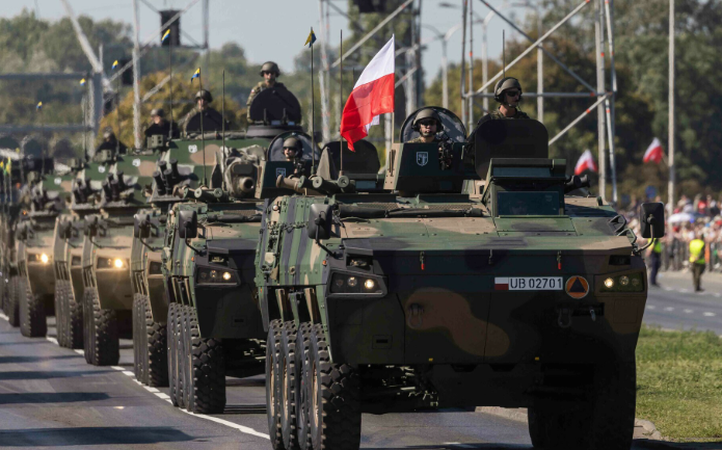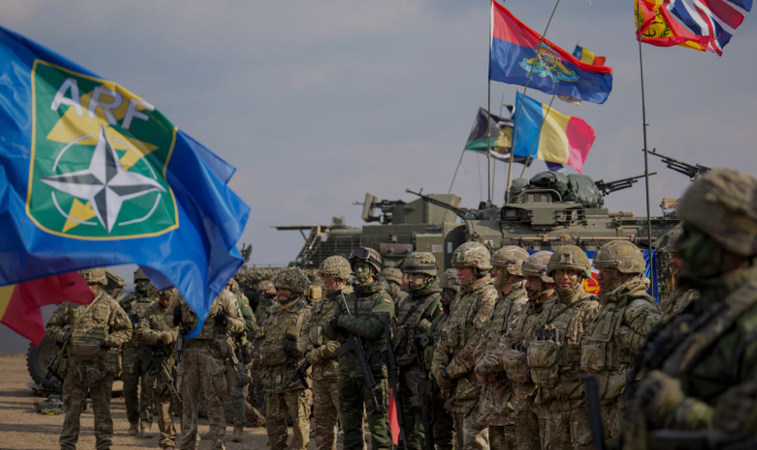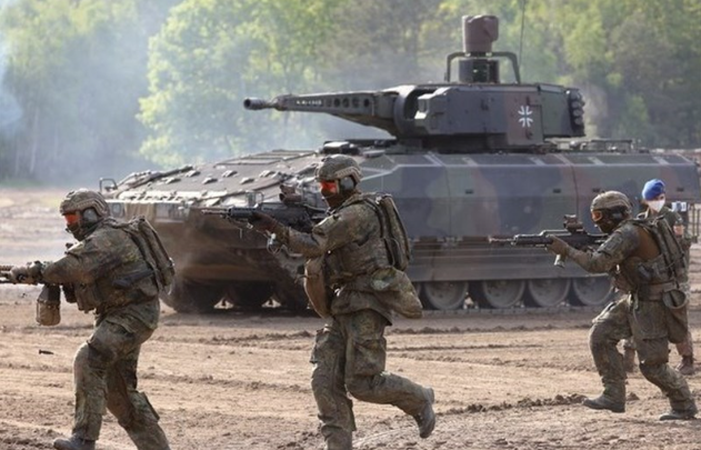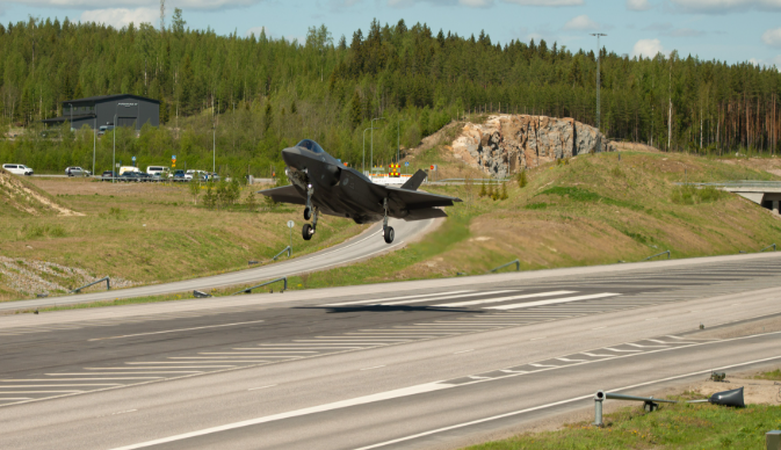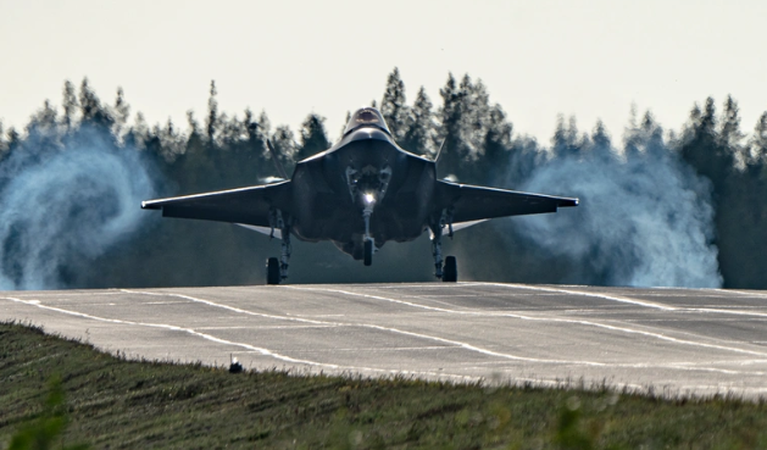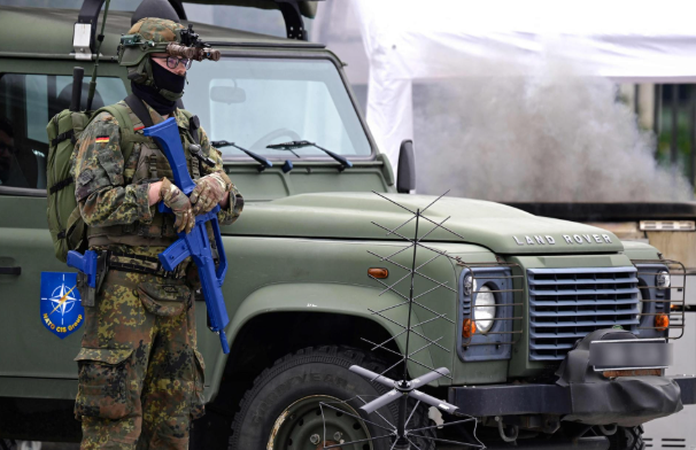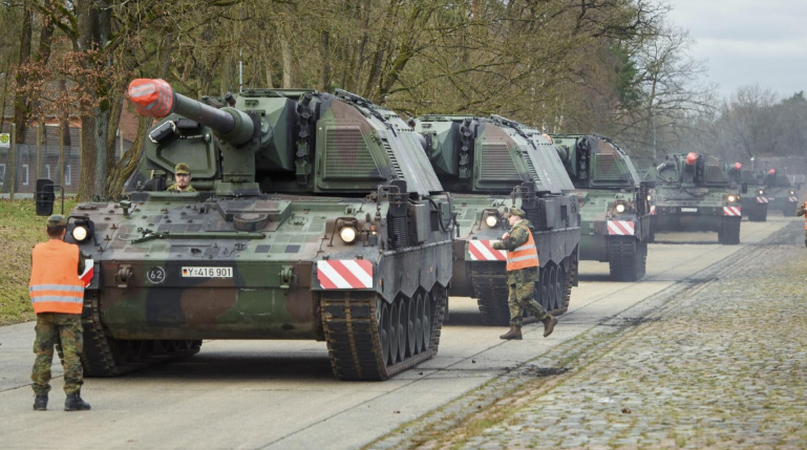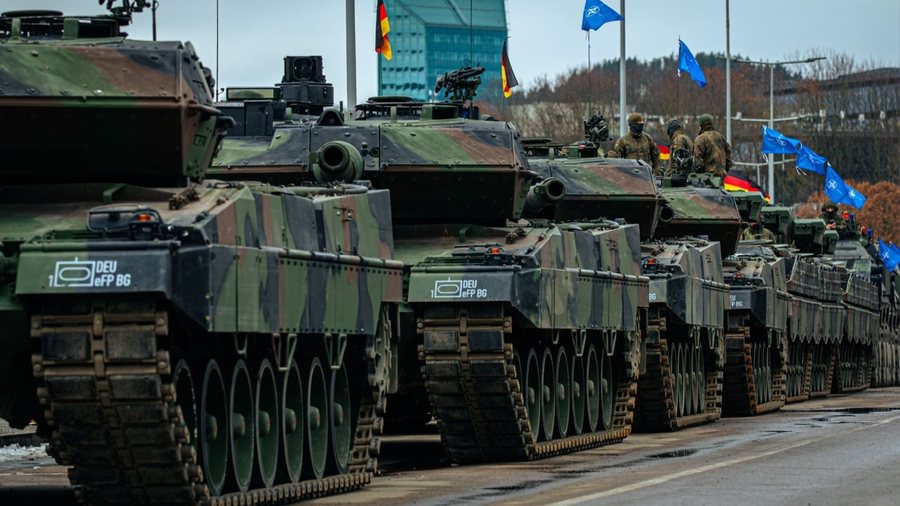
Amid warnings of a possible major conflict with Russia, Germany will host one of NATO's most important military exercises in recent years at the end of September.
Hamburg will host "Red Storm Bravo" from September 25 to 27, a three-day, day-and-night exercise simulating the Alliance's rapid response to a potential Russian attack on NATO's eastern flank.
Some estimates say up to 800,000 people will take part in the exercise. Soldiers will practice moving troops through the city, providing medical aid and evacuating the wounded under realistic conditions. The streets of Hamburg will be filled with military convoys, transport vehicles, mobile hospitals and helicopters, while the city will play a key role as a logistics hub in the event of a conflict.
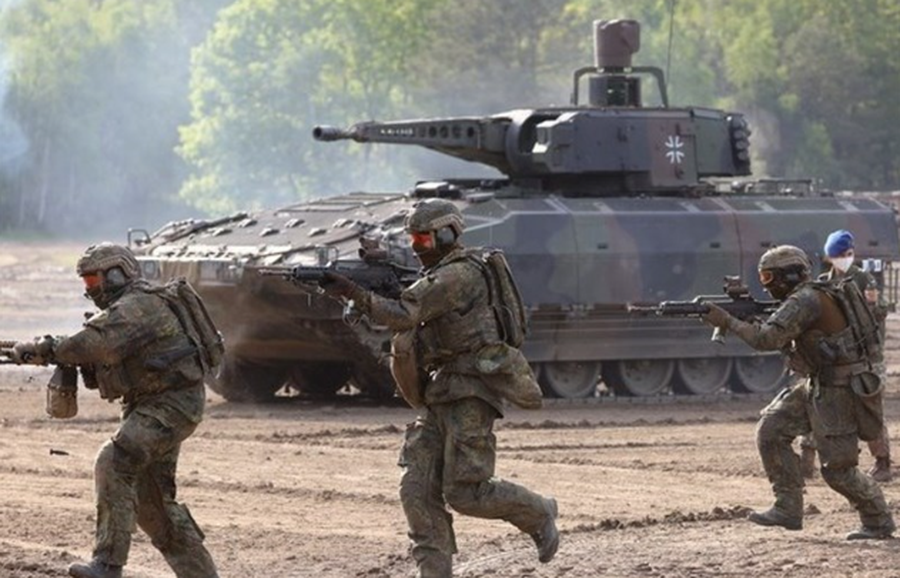
"The threat is real. We are already seeing attacks on our infrastructure," warns Bundeswehr Captain Kurt Leonards, citing cases of industrial sabotage, espionage and targeted assassinations.
Located in northern Germany, Hamburg has one of the largest ports in Europe, a developed transport infrastructure and direct access to the Baltic Sea. In the event of war, it would become the main gateway for supplies and the deployment of Allied forces in Poland and the Baltic states. Its proximity to Scandinavia and Eastern Europe makes it a key point for NATO's rapid military response.
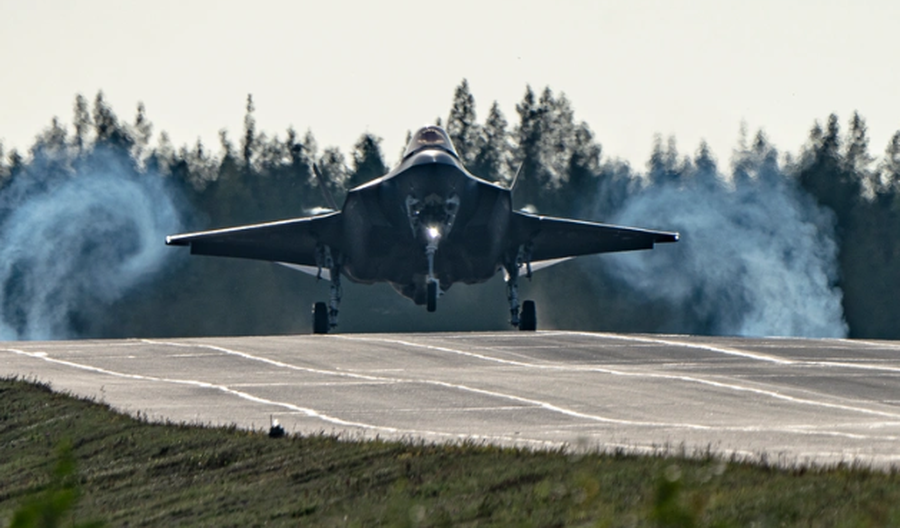
A new Bundeswehr report specifically states that Russia under Vladimir Putin is preparing for war against NATO. Lithuanian President Gitanas Nausėda warns that a new Russian attack could occur within 4-5 years, while the Lithuanian intelligence community assesses that Russia represents a long-term threat to the security of the entire North Atlantic Alliance.
At the same time, everyday life in Germany is changing. The military industry is recording record revenues, with Rheinmetall expected to generate a turnover of 10 billion euros by 2024. More and more scientific studies are examining scenarios for the outbreak of World War III, while citizens are experiencing an increasingly pronounced sense of uncertainty and fear, Spiegel reports.
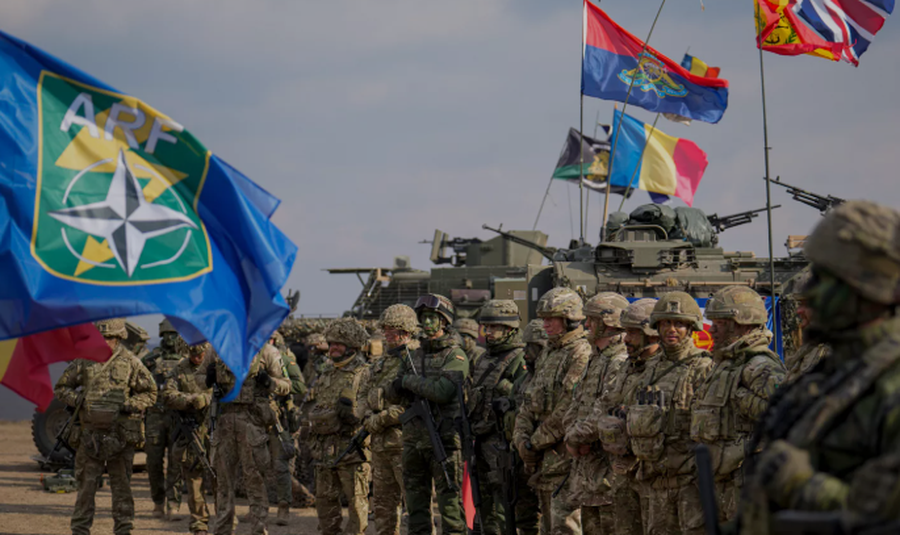
Calls to Germany's psychological helpline reached 1.3 million last year, many of whom cited war and global instability as a source of anxiety. Some are preparing for the worst, others are fleeing the country, and still others are urging politicians to ensure peace while there is still time.
Hamburg will become the scene of military exercises in the fall, but also a symbol of a new reality in which Germany increasingly looks like a country that believes war is a thing of the past. Military columns, warnings of threats and fear among citizens say one thing: the time of security that was taken for granted is slowly passing into history. (A2 Televizion)

